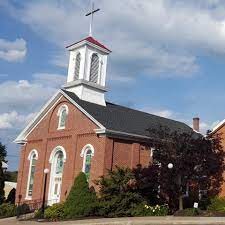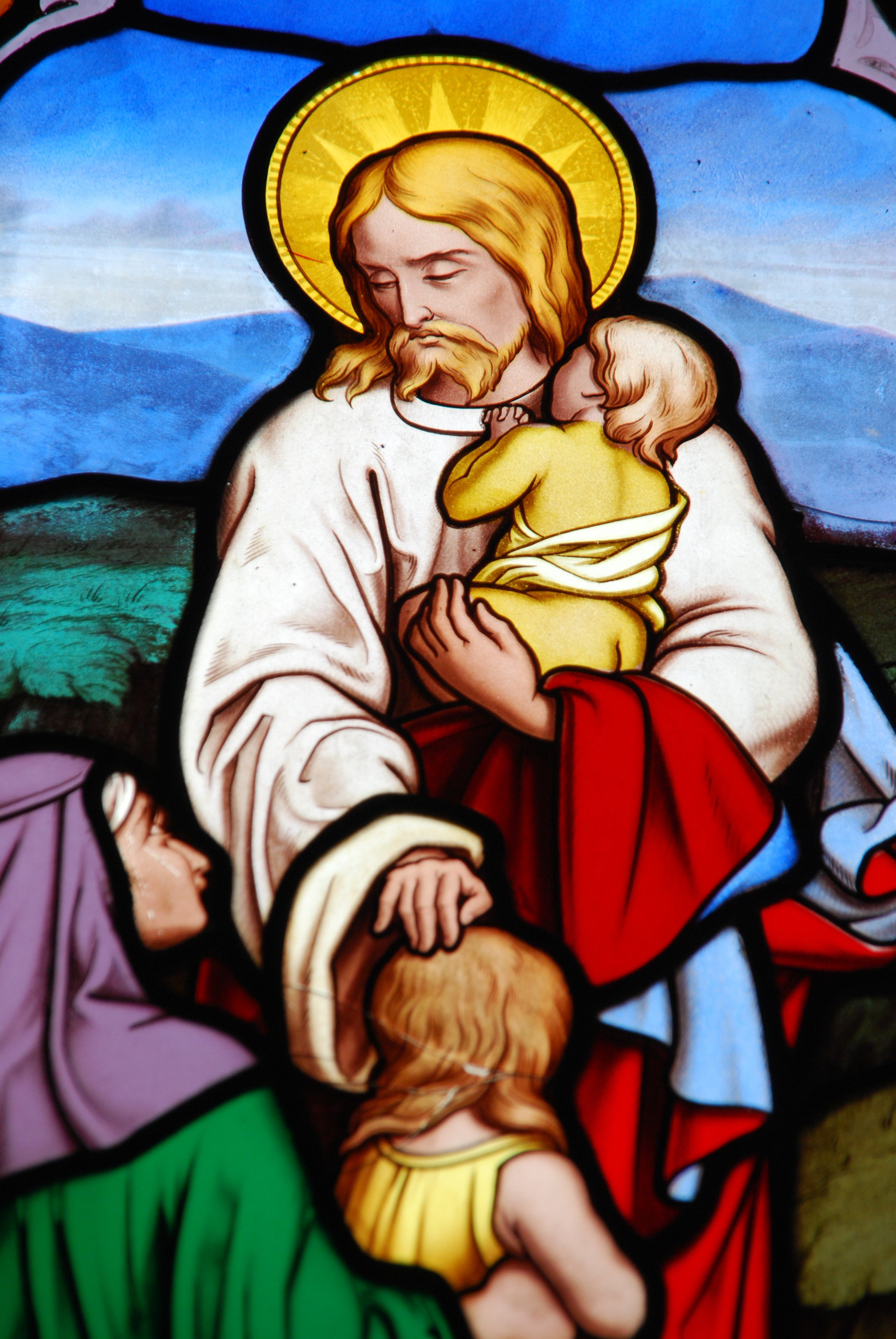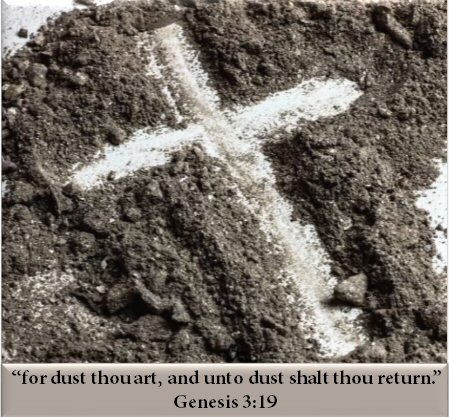International Council of Community Churches

The International Council of Community Churches is a mainline Protestant Christian denomination. It has its origin from the Community Church Movement and is a member of the Churches Uniting in Christ, the National Council of Churches of Christ in the USA and in the World Council of Churches.
They came from a nine member group of churches who on January 20, 2002 became known as Churches Uniting in Christ. Two fellowships in the Community Church Movement merged into the largest interracial merger of religious churches. They formed and united in 1950 to be a fellowship of ecumenical freedom.
They recognize the importance to keep their decision making stasis, lead their own worship services for each church and commit to keep an open communion, oppose racism, and affirm individual freedom, proclaim the love of God to unite the community and overcome any division which might occur.
The International Council of Community Churches is based near Chicago in Frankford, Illinois and is the center of the Community Church movement.
History
Community Churches which spring out of the life of the community have been present since the early 19th century in the United States. Each Community church meets the needs of the people of the community. They serve all the community in fellowship and membership in that community.
The ecumenical movement gave the Community Churches their momentum in the 20th century. The Community Church Workers of the United States was one of the first organized efforts to unite the community churches. They were the prototype of the White Community Church group that merged with the African American group in 1950 and together they formed the International Council of Community Churches. Many other churches followed this historic merger. Soon the International Council of Community Churches grew to represent one of the largest interracial mergers in America.
The International Council of Community Churches have united together in fellowship and improving ecumenical relations in America and around the world. They reach out to all other Christian churches who love the Lord Jesus Christ to share in fellowship and denomination or sect is irrelevant. They offer an open communion to all who truly repent of their sins and have charity with their neighbors and have a desire to lead a new life following the Commandments of God, regardless of their affiliations. The ecumenical mission of the International Council of Community Churches is to share in worship in spite of differences in theological opinion or Biblical interpretation. They hope to come together for the needs of humans, rather than focus on institutional gain.
Belief
The International Council of Community Churches believes in the recognition of every one of the churches of Jesus Christ. The proclaim commitment to the evangelical and prophetic mission of God which is the reign of peace and justice. They believe there should be an affirmation to the apostolic faith, the Scripture and tradition that are expressed in the Nicene Creed and the Apostles’ Creed.
The International Council of Community Churches believe in faith in one God. They believe it is through the Word in the Spirit that creates, redeems and sanctifies. They believe in the commitment to Jesus Christ who they consider the Savior, and as the incarnate and risen Lord.
The International Council of Community Churches believe all should be faithful to the Holy Scripture with the belief that Scripture testifies to tradition. They believe tradition testifies to all things necessary for salvation and is the standard of faith.
The International Council of Community Churches believe there are two sacraments that are ordained by Jesus Christ and they are Baptism and the Lord’s Supper. They believe in a mutual recognition of members in one Baptism. They believe the celebration of Eucharist should be done regularly and is the sacrament at the heart of the life of the church. They believe celebrating the Lord’s Supper is a sign of unity in Christ. They believe all who believe share in the common priesthood. They believe God calls those members He wants to ordain.
The International Council of Community Churches believe in combating racism as a mission of the church as well as the mission of Christ. They believe it is the mission of the churches to proclaim the gospel, educate, and evangelize, which are the actions that will bring the peace, love and justice of God. They believe new relations must be the mission of the participating churches to erase racism by challenging the systems of white privilege that has distorted life in society and in churches. They oppose all influence that takes the attention away from the churches, any exclusion in church or society based on age, gender, race, sexual orientation or any form of disability.
The International Council of Community Churches believe there should be an ongoing theological dialogue to clarify theological issues. They believe there should be a strengthening within the churches to witness to the apostolic faith.
Cite Article Source
MLA Style Citation:
Holstein, Joanne “International Council of Community Churches:.” Becker Bible Studies Library Jan 2006.<https://guidedbiblestudies.com/?p=2725,>.
APA Style Citation:
Holstein, Joanne (2006, January) “International Council of Community Churches:.” Becker Bible Studies Library. Retrieved from https://guidedbiblestudies.com/?p=2725,.
Chicago Style Citation:
Holstein, Joanne (2006) “International Council of Community Churches:.” Becker Bible Studies Library (January), https://guidedbiblestudies.com/?p=2725, (accessed).


